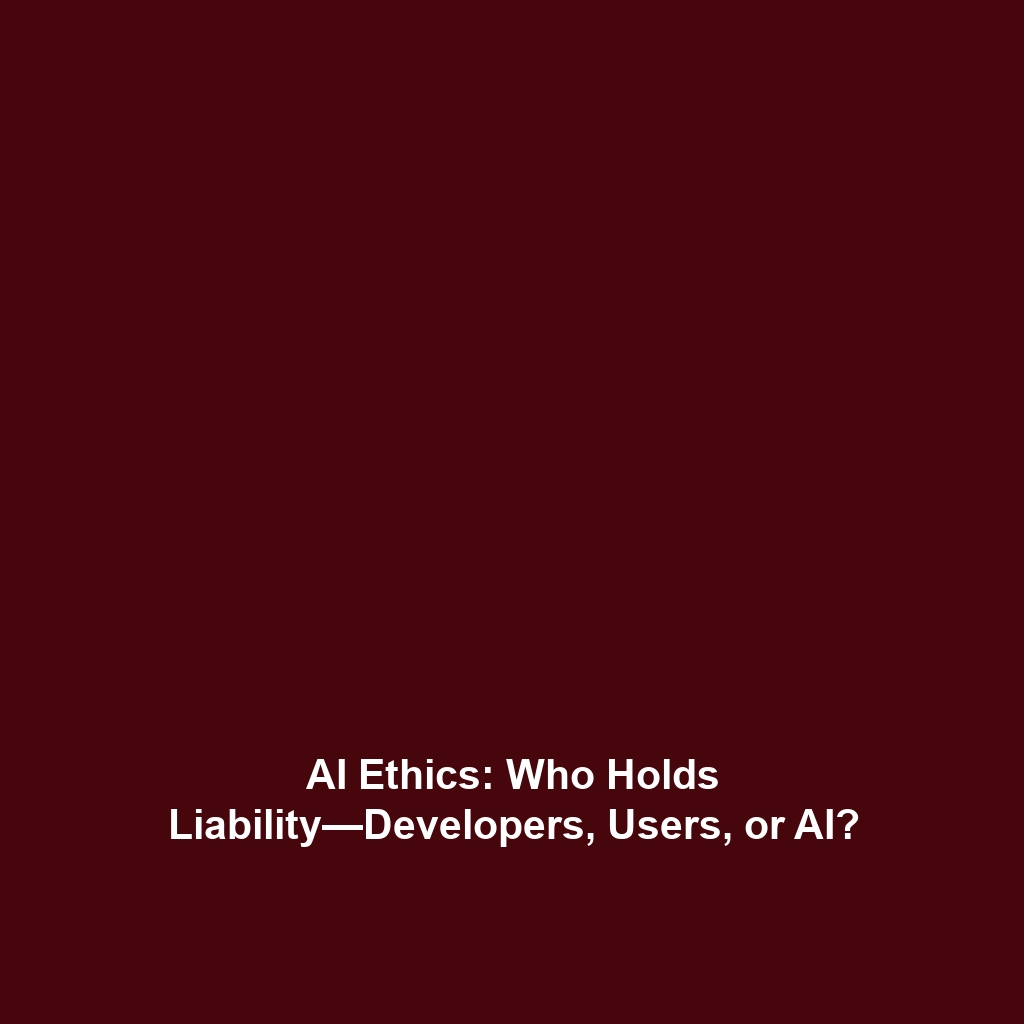What is AI in Healthcare? Overview of How AI Technologies Are Used in Healthcare
Artificial Intelligence (AI) is revolutionizing various sectors, and healthcare is no exception. Understanding what AI in healthcare entails is crucial for grasping its transformative potential. AI technologies improve diagnostic accuracy, optimize treatment plans, and accelerate drug discovery, thus significantly enhancing patient outcomes. This article provides a comprehensive overview of how AI technologies are being utilized in healthcare, highlighting their significance and practical applications.
Key Concepts of AI in Healthcare
The main concepts surrounding AI in healthcare include machine learning, natural language processing, and robotics. These technologies integrate vast amounts of healthcare data to extract meaningful insights, driving better decision-making in clinical settings.
Machine Learning
Machine learning algorithms analyze complex datasets to uncover patterns that assist in predictive analytics and personalized treatment strategies. This enables healthcare providers to make informed decisions based on patient data.
Natural Language Processing (NLP)
NLP allows for the interpretation of unstructured data, such as medical records and clinical notes, facilitating improved communication among healthcare professionals and streamlined patient care.
Robotics
Robotic systems assist in surgeries and other clinical operations, improving precision and reducing recovery times for patients. These technologies play a crucial role in modern surgical procedures, showcasing the intersection of AI and healthcare.
Applications and Real-World Uses of AI in Healthcare
The applications of AI in healthcare are vast and increasingly significant. Here are some real-world uses that exemplify how AI technologies enhance healthcare delivery:
- Diagnostics: AI algorithms analyze medical images to detect conditions such as cancer at early stages.
- Treatment Recommendations: AI systems provide physicians with tailored treatment options based on patient histories and treatment outcomes.
- Drug Discovery: AI accelerates the process of drug discovery by analyzing biological data and predicting how new compounds will behave.
- Patient Monitoring: AI-powered wearable devices track patient vitals and notify healthcare providers of any anomalies in real-time.
Current Challenges in AI in Healthcare
Despite the promising advancements, there are challenges associated with the implementation and study of AI in healthcare:
- Data Privacy: Protecting patient data while utilizing AI technologies remains a significant concern.
- Bias in Algorithms: AI systems can inherit biases present in the training data, leading to inequitable healthcare outcomes.
- Regulatory Hurdles: The rapid pace of AI innovation outstrips current regulations, causing uncertainties in compliance.
- Integration with Existing Systems: Many healthcare facilities struggle to integrate AI solutions with their current technological infrastructures.
Future Research and Innovations
Looking ahead, significant innovations and research initiatives promise to enhance the capabilities of AI in healthcare:
- Explainable AI: Research efforts are focused on creating AI systems that provide transparent decision-making processes.
- AI-Driven Telemedicine: The growth of telehealth platforms utilizing AI will expand access to care, particularly in underserved areas.
- Personalized Medicine: Future AI innovations aim to develop more personalized approaches to treatment based on genetic and phenotypic data.
Conclusion
In conclusion, AI in healthcare represents a transformative force that enhances diagnostic accuracy, optimizes treatment strategies, and improves patient outcomes. By understanding the applications, challenges, and future directions of AI technologies in healthcare, stakeholders can harness their potential to create a more efficient and equitable healthcare system. For more information on related topics, visit our articles on machine learning in healthcare and the future of telemedicine.


